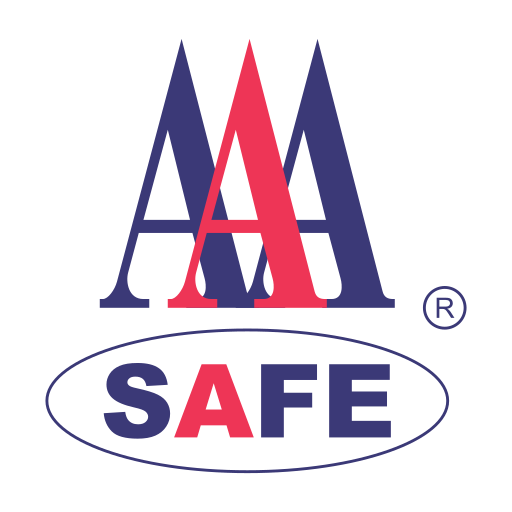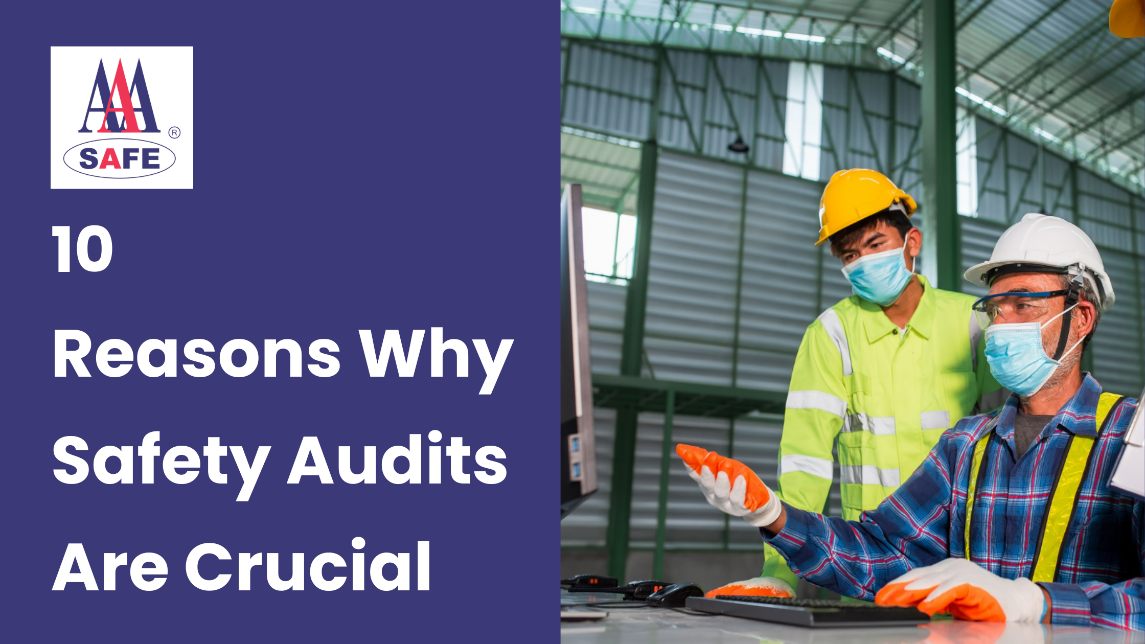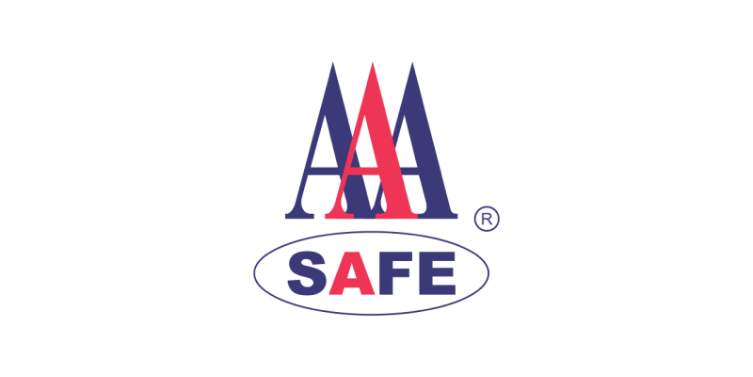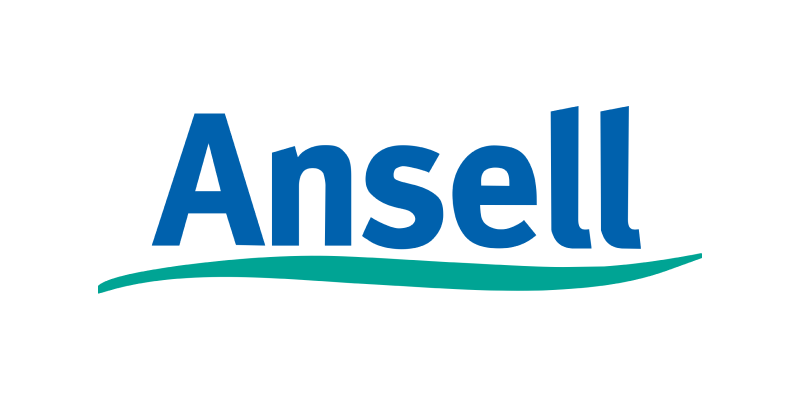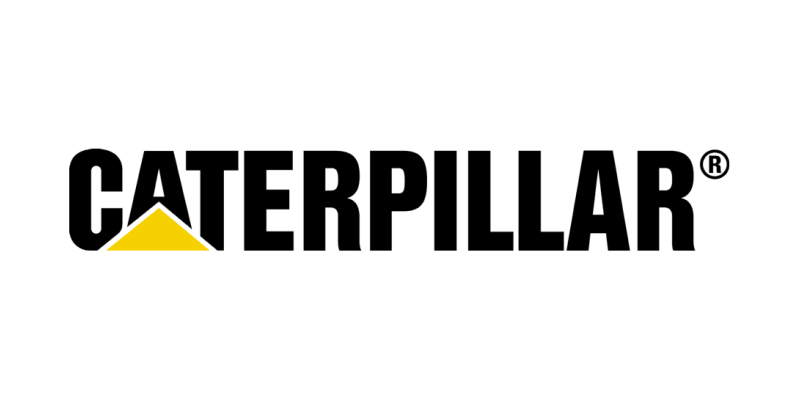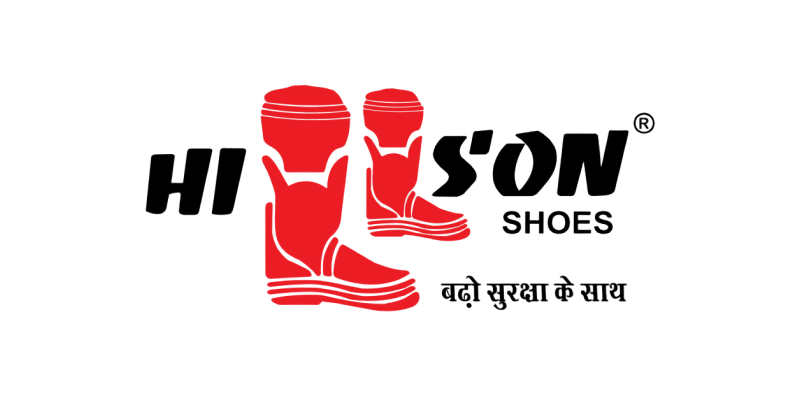Safety audits are a cornerstone of maintaining a secure, compliant, and efficient work environment across various industries. In the United Arab Emirates (UAE), where rapid development and stringent regulations characterize the business landscape, the importance of safety audits is magnified. These audits are not just procedural necessities but are integral to the health, well-being, and sustainability of businesses operating in the region. Below, we delve into ten compelling reasons why safety audits are crucial, particularly within the UAE’s unique and dynamic context.
1. Ensuring Legal Compliance
The UAE’s regulatory environment is known for its rigor, especially when it comes to safety standards in high-risk industries such as construction, oil and gas, and manufacturing. Safety audits are essential in helping organizations stay compliant with the numerous regulations that govern these sectors.
Compliance with these laws is not only a legal obligation but also a strategic imperative. Non-compliance can lead to hefty fines, legal penalties, and in some cases, the suspension of operations. More importantly, it can tarnish the reputation of the business, making it difficult to attract clients and partners who prioritize safety and compliance. By conducting regular safety audits, companies can proactively identify gaps in compliance and take corrective actions before these issues escalate into serious violations.
Moreover, in an environment like the UAE, where the government is continuously updating and tightening safety regulations to align with international standards, staying ahead of the curve is crucial. Safety audits enable businesses to keep pace with these changes, ensuring that they are always in line with the latest legal requirements.
2. Identifying Potential Hazards
One of the primary objectives of a safety audit is to systematically identify potential hazards in the workplace. These hazards can range from physical dangers, such as unsafe machinery or hazardous materials, to procedural risks, such as improper handling of equipment or inadequate emergency response protocols.
In the UAE, where many industries operate in extreme conditions, such as high temperatures and remote locations, the risks are often amplified. For instance, in the construction sector, which is one of the most significant contributors to the UAE’s economy, workers are frequently exposed to extreme heat, which can lead to heatstroke and other heat-related illnesses if not properly managed.
Safety audits help organizations identify these hazards early on, allowing them to implement control measures to mitigate risks. This proactive approach is essential for maintaining a safe work environment and protecting employees from potential harm. For example, in the case of heat-related risks, audits can lead to the implementation of cooling stations, mandatory rest periods, and the provision of appropriate hydration to prevent heatstroke.
3. Improving Safety Management Systems
Safety management systems (SMS) are the backbone of an organization’s efforts to maintain a safe workplace. These systems encompass policies, procedures, and practices designed to identify, assess, and control workplace hazards. However, like any system, an SMS requires regular evaluation and updates to remain effective.
Safety audits serve as a diagnostic tool for assessing the effectiveness of an organization’s safety management systems. Through these audits, companies can identify areas where their systems may be lacking or outdated. For example, an audit might reveal that emergency response procedures are not well understood by employees, or that safety training programs are not being conducted regularly.
By highlighting these deficiencies, safety audits provide organizations with actionable insights that can be used to improve their safety management systems. This continuous improvement is crucial for adapting to new challenges, such as the introduction of new technologies or changes in operational practices, and for maintaining high safety standards over time.
4. Enhancing Employee Morale and Productivity
A safe and secure work environment is fundamental to employee morale and productivity. When employees feel safe at work, they are more likely to be engaged, motivated, and productive. On the other hand, a workplace where safety is neglected can lead to anxiety, low morale, and a decrease in productivity.
Safety audits demonstrate an organization’s commitment to the well-being of its employees, which in turn fosters a positive workplace culture. In the UAE, where diverse workforces often operate under challenging conditions, this commitment is especially important. For instance, ensuring that migrant workers in the construction industry have access to safe living and working conditions is not only a moral obligation but also a key factor in maintaining their productivity and job satisfaction.
Moreover, a strong safety culture can reduce absenteeism and staff turnover, which are often associated with poor working conditions. Employees who feel valued and protected by their employer are more likely to remain loyal to the company and contribute to its long-term success.
5. Reducing the Risk of Accidents and Injuries
Workplace accidents and injuries can have devastating consequences for both employees and organizations. For employees, an accident can lead to physical harm, emotional distress, and in severe cases, long-term disability. For organizations, accidents can result in financial losses, legal liabilities, and damage to reputation.
Safety audits play a crucial role in reducing the risk of workplace accidents and injuries by identifying and addressing potential hazards before they result in harm. For example, an audit might reveal that certain machinery is not being maintained properly, posing a risk of malfunction. By addressing this issue promptly, the organization can prevent accidents and ensure the safety of its employees.
In high-risk industries like oil and gas, where the consequences of an accident can be catastrophic, the importance of regular safety audits cannot be overstated. By systematically reviewing safety practices and implementing necessary improvements, organizations can significantly reduce the likelihood of accidents and create a safer working environment for everyone.
6. Lowering Insurance Costs
A strong safety record can have a direct impact on an organization’s insurance costs. Insurance companies often offer lower premiums to organizations that can demonstrate a commitment to safety through regular audits and compliance with safety regulations.
In the UAE, where insurance costs can be substantial, particularly for industries with high-risk profiles, the financial benefits of maintaining a robust safety audit program are considerable. For large organizations, even a small reduction in insurance premiums can translate into significant cost savings over time.
Furthermore, by reducing the frequency and severity of workplace accidents through effective safety audits, organizations can avoid costly claims that could otherwise lead to higher insurance premiums. This financial benefit, combined with the improved safety of employees, makes regular safety audits a smart investment for any business operating in the UAE.
7. Ensuring Business Continuity
Safety incidents can disrupt business operations, leading to costly downtime and financial losses. In extreme cases, a major safety incident can even threaten the viability of the business itself. For example, a fire in a manufacturing plant could halt production for weeks or even months, resulting in lost revenue, delayed orders, and damage to customer relationships.
Regular safety audits help organizations avoid such disruptions by identifying potential risks and implementing measures to mitigate them. By preventing incidents that could halt operations, safety audits play a critical role in ensuring business continuity.
In the UAE’s fast-paced and competitive business environment, where delays and disruptions can have significant consequences, maintaining uninterrupted operations is key to staying ahead of the competition. Safety audits, therefore, are not just about compliance—they are about safeguarding the future of the business.
8. Enhancing Corporate Reputation
In today’s business world, reputation is everything. Organizations that prioritize safety and conduct regular audits are viewed as responsible, trustworthy, and committed to the well-being of their employees and the wider community.
This positive reputation can have a ripple effect, enhancing relationships with a wide range of stakeholders, including customers, investors, regulators, and the public. In the UAE, where corporate social responsibility and sustainability are increasingly important, a strong reputation for safety can also serve as a competitive advantage, helping organizations attract new business and strengthen existing partnerships.
Moreover, in industries where safety is a critical concern, such as aviation or healthcare, a strong safety record can be a key differentiator, setting the organization apart from its competitors and positioning it as a leader in its field.
9. Facilitating Regulatory Compliance Audits
In the UAE, regulatory bodies regularly conduct compliance audits to ensure that organizations are adhering to safety regulations. These audits can be rigorous, and failure to pass them can result in fines, penalties, and in some cases, the suspension of operations.
Safety audits prepare organizations for these regulatory compliance audits by ensuring that all safety measures are in place and functioning effectively. By conducting internal audits regularly, organizations can identify and address any issues before they are flagged by regulators.
This preparation not only helps organizations pass regulatory audits with ease but also demonstrates to regulators that the organization is proactive in its approach to safety. This proactive stance can lead to more favorable outcomes in regulatory dealings and help build a positive relationship with regulatory bodies.
10. Promoting a Culture of Safety
Creating a culture of safety within an organization is about more than just enforcing rules—it’s about embedding safety into the very fabric of the organization’s operations and values. Regular safety audits are a powerful tool for promoting this culture.
By consistently evaluating and improving safety practices, organizations send a clear message to their employees: safety is a priority at all levels of the organization. This message is critical for fostering a culture where safety is seen as everyone’s responsibility, not just that of the safety officer or management.
In the UAE, where workplaces are often diverse and include employees from various cultural backgrounds, promoting a unified culture of safety is particularly important. Safety audits help ensure that all employees, regardless of their role or background, understand the importance of safety and are committed to maintaining it.
Conclusion
In the UAE, where rapid development and stringent safety regulations are the norm, safety audits are not just beneficial—they are essential. They ensure legal compliance, identify potential hazards, and improve safety management systems. Moreover, they boost employee morale, reduce the risk of accidents, and contribute to a positive corporate reputation. By prioritizing safety audits, organizations in the UAE can protect their employees, ensure business continuity, and maintain a competitive advantage in the marketplace.
